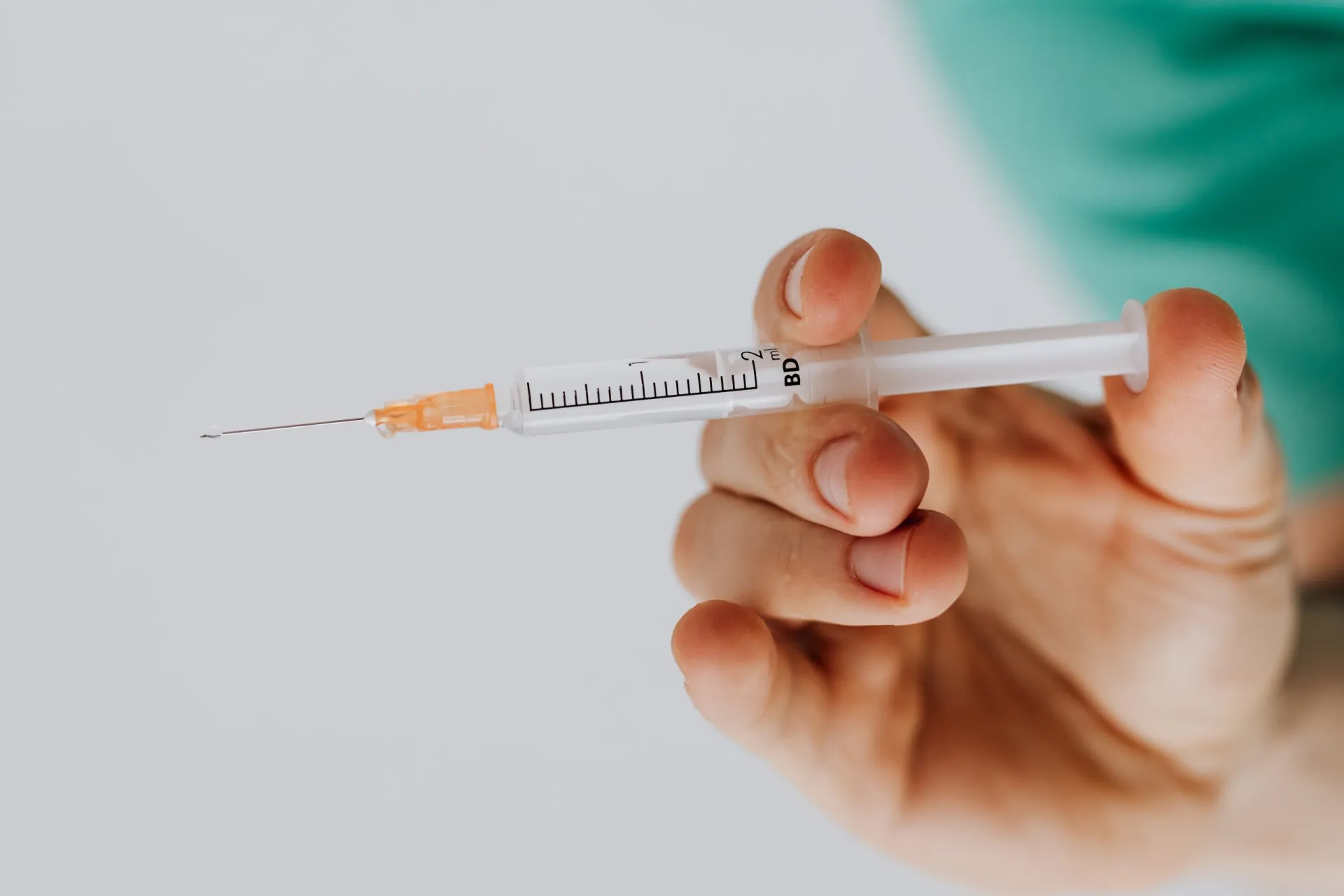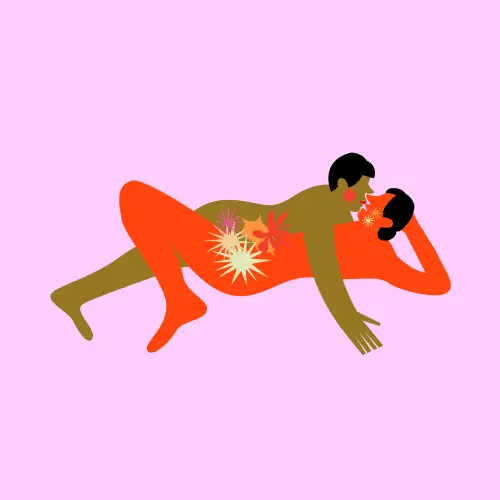et Emmanuel Thibaudeau
Let's talk HPV (the Human Papilloma Virus)

HPV Vaccination: A pillar of sexual health and your shield against several cancers
HPV, or papillomavirus, is a highly contagious virus transmitted during sexual contact, including simple skin-to-skin contact without penetration. It is, in fact, the most widespread infection in the world. The rate of HPV infections is highest among people aged 15 to 24. Approximately 75% of Canadians will contract at least one HPV infection in their lifetime.
HPV is a diverse group of viruses comprising more than one hundred variants, each carrying its own level of risk. Among these variants, at least 40 are directly associated with serious consequences such as genital warts and different types of cancers, including those of the cervix, vulva, vagina, penis, anus, as well as the mouth and throat. Cunning and complex, HPV has the particularity of allowing infection by several of its types simultaneously.
Although most HPV infections are asymptomatic and resolve on their own, an infection can also lead to precancerous lesions without adequate preventive intervention. This underscores the importance of regular screening and vaccination as preventive measures against the most dangerous strains of HPV.
The HPV Vaccine
Gardasil 9™ is the reference vaccine against HPV, offering protection against the 9 most widespread and high-risk types of the virus. This inactivated vaccine is recommended for individuals from 9 to 45 years old, particularly targeting those who are or will be sexually active, given its broad spectrum of protection. Alongside it, Cervarix™ offers an alternative targeting 2 types of HPV, although it is less frequently chosen for vaccination.
New Canadian recommendations advocate for two doses, administered at least 5 months apart for everyone, regardless of age or sex assigned at birth. It is possible that this vaccination schedule may be modified by your healthcare professional based on your health status (such as in the case of immunosuppression).
Side effects
As with any medication or vaccine, Gardasil 9 can cause allergic reactions or side effects, although these are generally mild and temporary. The most frequently observed side effects include pain, swelling, and redness at the injection site, as well as itching or bruising. Other reactions may include headaches, a slight fever, nausea, diarrhea, dizziness, fatigue, abdominal pain, and a sore throat. These symptoms often reflect the body's reaction to the vaccination and tend to disappear quickly.
Vaccine Availability at Your Pharmacy
Pharmacists, like nurses or doctors, can now prescribe and administer the vaccine. If you wish to receive the vaccine, simply contact our pharmacy to make an appointment now.
If you have private insurance offered by your school or employer, then the private health insurance plan may cover the costs of the vaccination. However, the vaccine is offered for free to many eligible individuals. You can consult this page to see if you are among the populations for whom the vaccine is offered for free by public health.
Important Notice: This article presents general information and does not replace a personalized medical consultation. For tailored advice, contact our pharmacists or your doctor.
Article written by Lucas Louveau, pharmacy intern, Université Clermont Auvergne, France.
Revision by Emmanuel Thibaudeau, pharmacist.
























